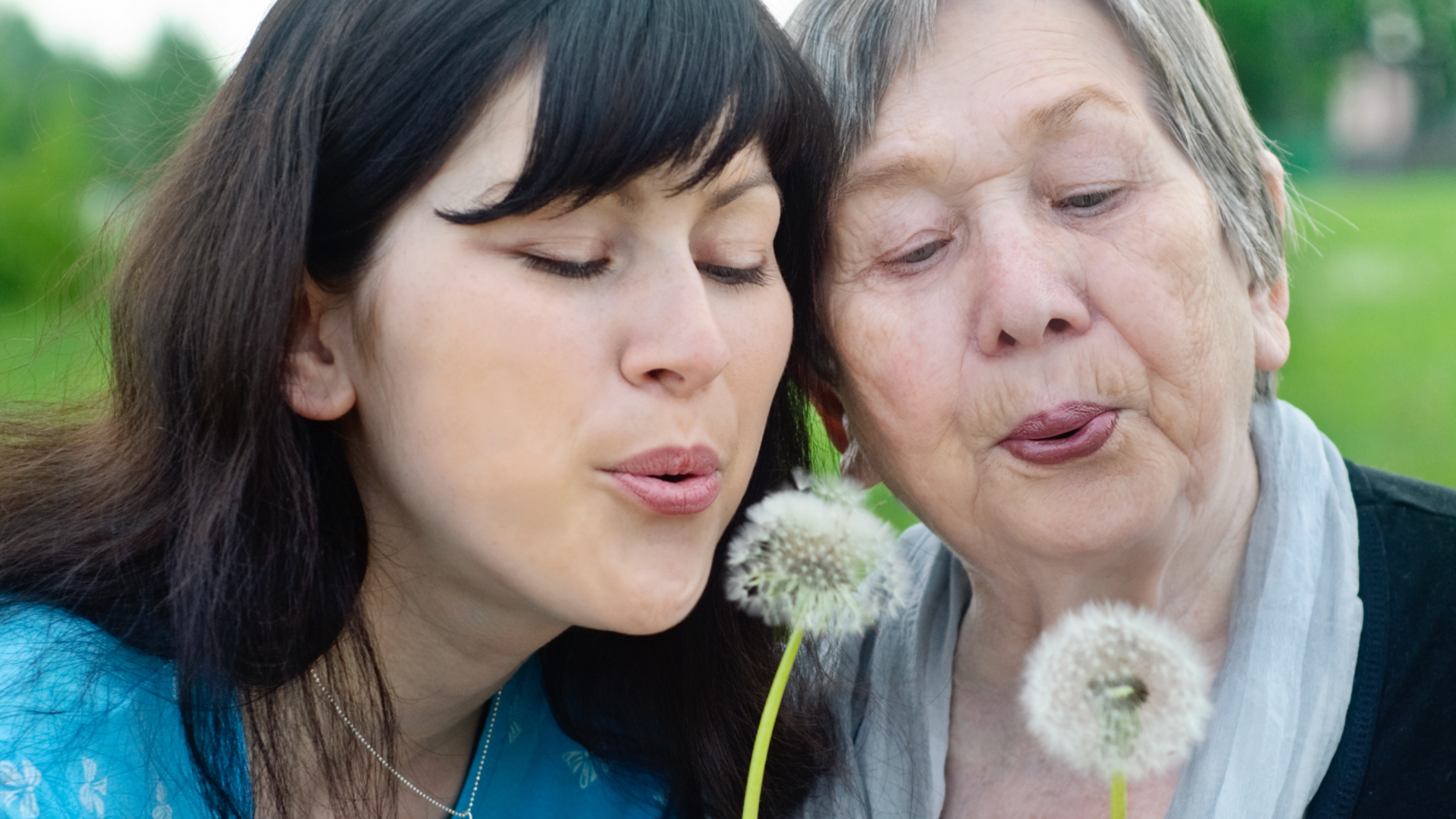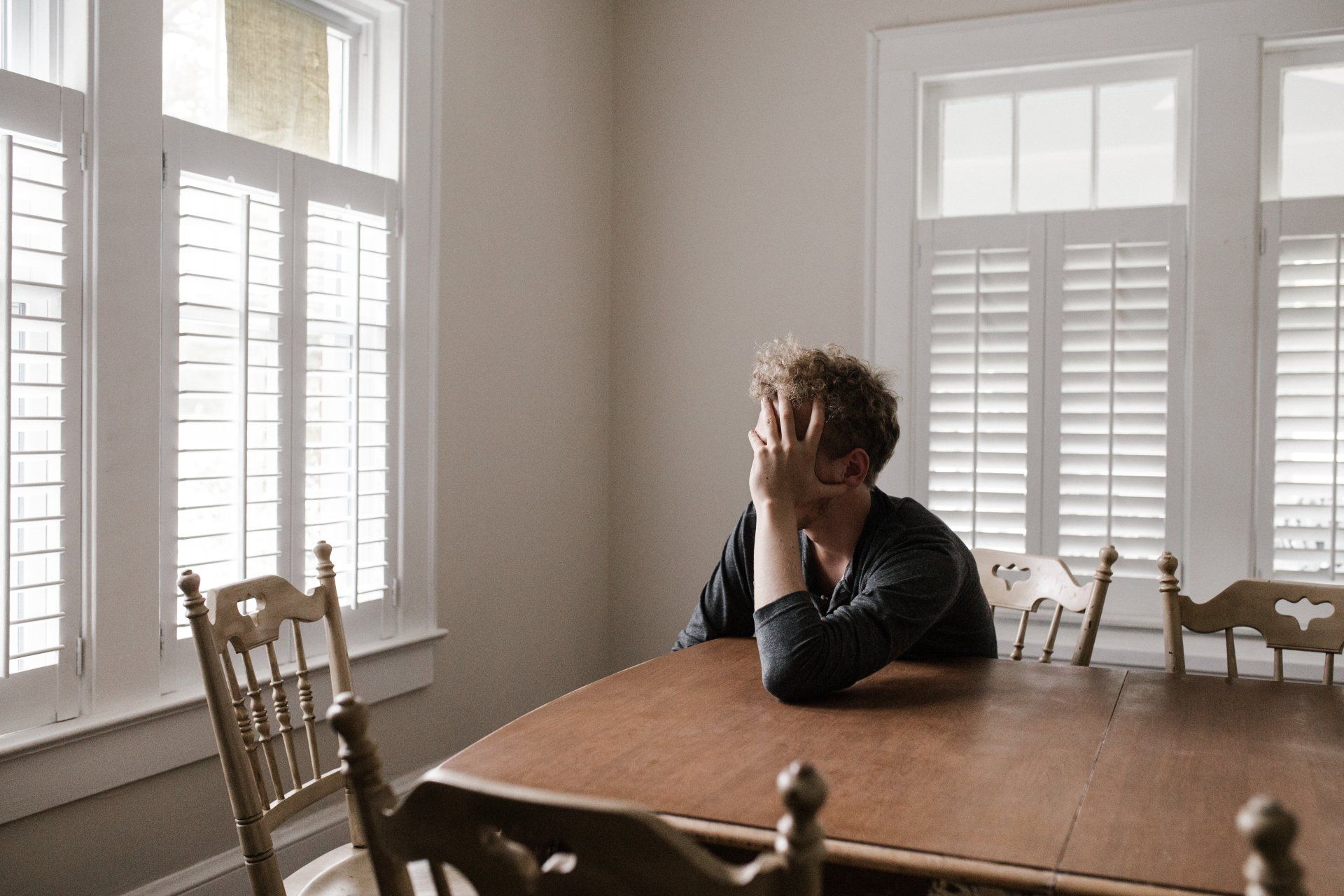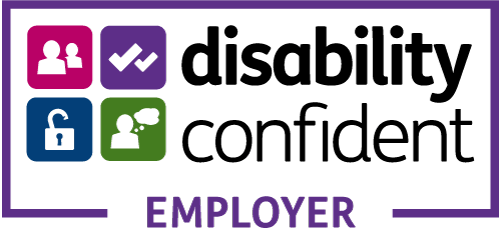You Are Not Lazy, I Promise
How anxiety can cause fatigue
The sleepiness. The constant yawning. The heavy feeling in your limbs and eyes. “Why can’t I get up?” “Why am I so lazy all the time?” “I don’t have any reason to be tired, so why am I?” These thoughts and feelings can plague people with depression. It’s hard enough to have the feelings of hopelessness and loneliness, but to be tired all the time as well? That can only make it worse.
The secret is that anxiety and depression are exhausting things to have to deal with. Studies have shown that anxiety and depression increase physical fatigue. But why is this?
When a person experiences anxiety (long-term stress about future or hypothetical events that is not easily prevented or stopped), certain physiological symptoms occur. Because anxiety is “stress” that is in response to something that hasn’t happened yet, it creates similar responses in the body to that of a “fight or flight” response. People experience shaking, sweating, pounding heart beats, quicker breathing, nausea or more. These symptoms, when the stressor is removed (or when anxiety is soothed), subside; this leaves way for the less popularly known “rest and digest response”.
Essentially, the “rest and digest” response is the opposite to the “fight or flight”. Heart beat slows, breathing slows, adrenaline is removed from the bloodstream and blood returns to the digestion tract to increase blood sugar. The problem is that when people experience long-term anxiety, seemingly constant anxiety, or many bursts of anxiety, it tires the body out. Not to mention the mental energy it takes to experience that anxiety or try to reduce anxiety. Experiencing lots of anxiety and stressors in your day to day life is similar to encountering multiple tigers every day and having to either fight or run for your life.
Putting what people with anxiety go through into perspective (especially the perspective of understanding the biological symptoms of experiencing anxiety and the recovery) helps people understand why they are so tired, despite not having to actually fight a tiger.
These issues also relate to people struggling with depression, because anxiety and depression often go hand-in-hand. Not to mention along with experiencing anxiety, people with depression also deal with negative thoughts, hopelessness, and poor self-image. These low moods and negative thoughts are equally as exhausting on a day to day basis. No wonder you’re tired.
One struggle that people with anxiety and depression often have is falling asleep. And then once they do, it's impossible to wake up or stay awake. Then on top of that, day-time napping can exacerbate the issue. After a while it can seem like having a restful sleep and waking refreshed is unachievable.
Oftentimes, part of reducing anxiety or improving mood is tied to improving sleep. Things like coming up with a routine for before bed, reducing screen time before sleep, taking a warm bath or shower, or having a cup of (decaf!) tea can be very helpful for helping individuals fall asleep. It can also be helpful to try and implement a kind of schedule: set a time to start your before bed routine, set a time to try and go to sleep, set a time to wake up and have a routine to help activate your mind and body. These things help relax the body and introduce your mind to a predictable schedule which may be helpful.
The big challenge can be avoiding sleeping during the day. Everyone loves a quick cat nap in the afternoon, but sleeping for longer than a half hour can be very disruptive to the body’s sleep rhythm. Therefore, it is important to find ways to not only keep you awake during the day but to also fight off sleepiness. Try going for a walk, cooking some food, calling or chatting with a family member to activate your mind and drive away the sleepiness.
What’s most important to take out of this information is that you’re not lazy, I promise. No matter what anyone tells you, you aren’t tired for nothing, you’re not lazy. You’re doing the equivalent of fighting tigers in your mind every day, it’s hard work. The lovely thing is that help is always available to turn those tigers into kittens.
Useful Links:
The Mental Health Foundation
https://www.mentalhealth.org.uk/tags/anxiety
Sleep Foundation
https://www.sleepfoundation.org/mental-health/anxiety-and-sleep
Links for getting help or treatment
Trent PTS for self-referral:
https://www.trentpts.co.uk/self-referral
Mental Health Foundation for support and information:
https://www.mentalhealth.org.uk/
Mental Health Forum for a place to discuss issues and talk to others:
https://www.mentalhealthforum.net/forum/
Get Self Help for worksheets and information about disorders and CBT treatment
The Samaritans Nottingham to have someone to listen and talk to
https://www.samaritans.org/how-we-can-help/contact-samaritan/
TrentChat (for students) to have someone to listen and talk to













